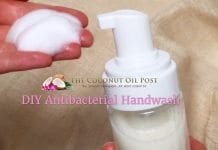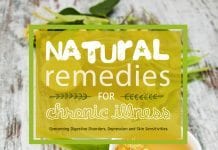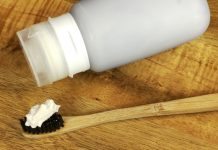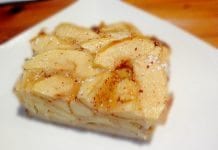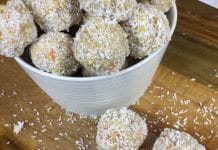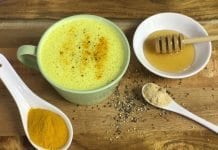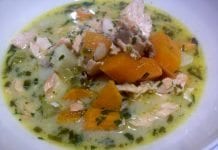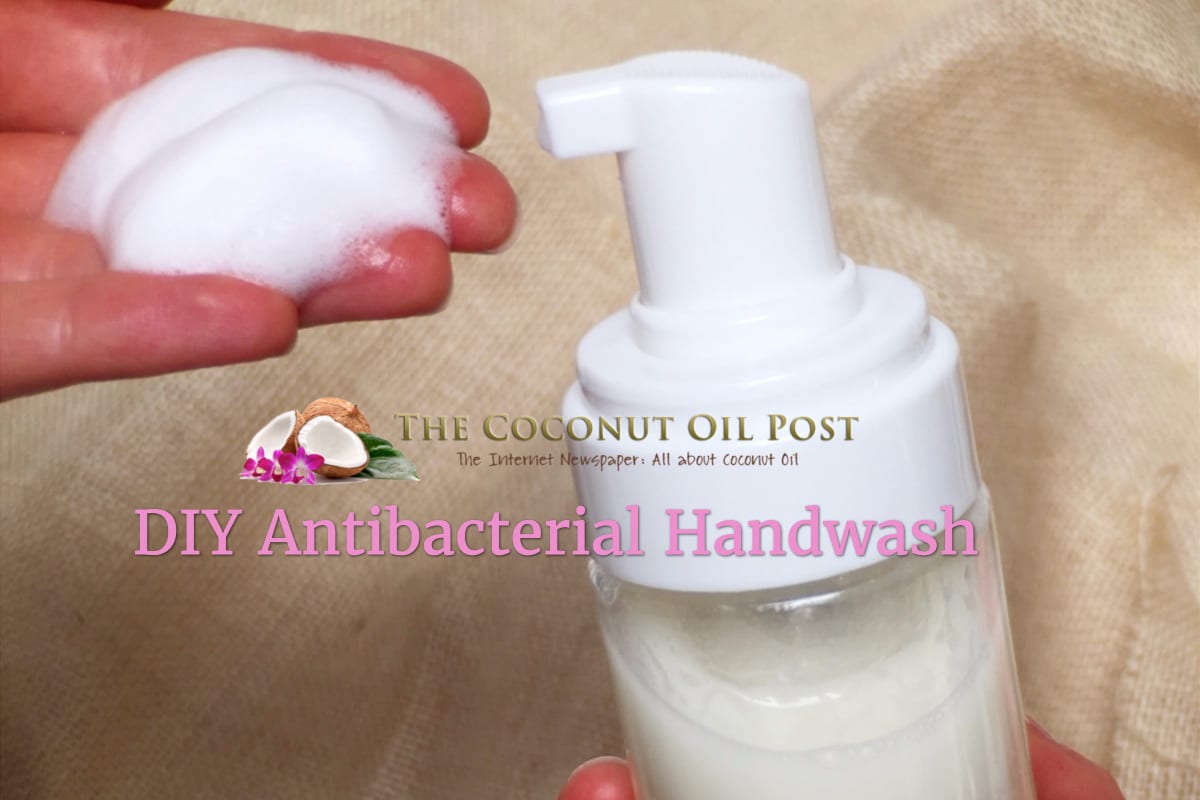Why would you need to DiY Antibacterial Handwash? After all, the supermarket and speciality stores have shelves of them, all with pretty smells and amazing claims of killing those germs. They also contain added nasties that may not even do the job of keeping us germ-free!
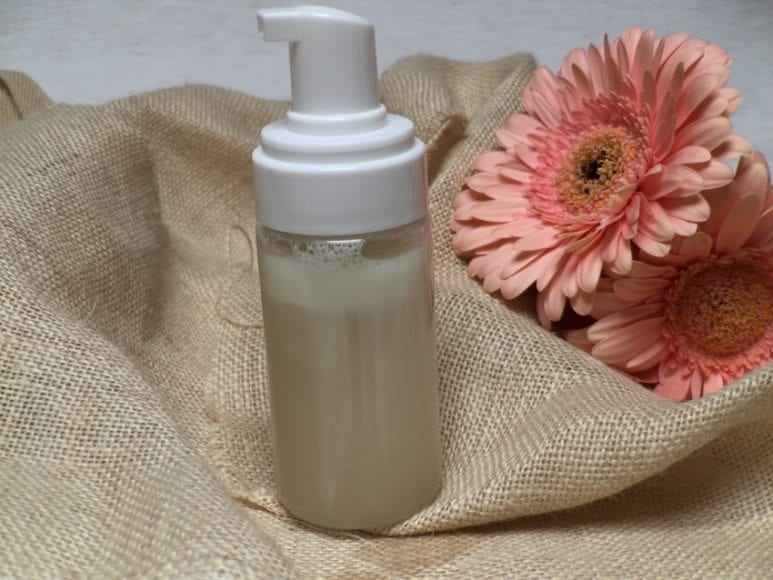
DIY Antibacterial Handwash
We tend to live in a “germ phobic” world. The word “antibacterial” appears everywhere. Handwash, wipes, cleaning solutions, mouthwash and even washing powders. Once upon a time, we played in the dirt, ate happily with our fingers and went to bed without baths. But those days seem to have gone. Now it appears to be totally the opposite. Don’t play in the mud, learn to use a fork and make sure your kids are sparkly clean all the time. While I don’t consider myself a germ phobic, I do appreciate washing my hands after being in the garden or massaging my chicken fillets with a yummy marinade. But I have a problem with commercial antibacterial products. They contain a nasty ingredient that is bad for us and bad for the environment. Triclosan is a chemical found in almost every antibacterial product on the market. The risks, if used long term, that is associated with Triclosan are antibiotic resistance and hormonal disruption.The US Food and Drug Administration recently banned the use of Triclosan in over the counter soaps and body washes. Besides the human risks, there is also the environment impact to consider. Triclosan doesn’t dissolve well which leads to the chemical hanging around in water systems. This impacts the microbial fauna that is found in aqua sediments. And to top it off – there’s no proof that this antibacterial chemical cleans any better than ordinary soap and water.
This DIY Antibacterial Handwash solves two problems. 1) it smells great and your hands feel clean 2) it contains no Triclosan. It also doesn’t contain any harsh cleansers, so it leaves your skin feeling soft and moisturised. You can adjust the measurements and also interchange which essential oils you use.
Magic Ingredients of this DIY Antibacterial Handwash
Coconut Oil is antibacterial, antiviral, antimicrobial and antifungal. It’s the No 1 ingredient for this antibacterial hand-wash. It’s also softening and soothing for the skin.
Apricot Oil is a great oil for many skin types. Perfect for reducing lines and fine wrinkles in the hands and will help keep your hands smooth and nourished. Also good for rashes and dryness.
Aloe Vera Gel is antibacterial and provides nourishment for a sensitive skin. Great for dry and chapped hands. Perfect for keeping hands soft and smooth.
Essential Oils – Lemon, tea tree, lavender, or eucalyptus all have antibacterial properties. Lemon essential oil is great for removing food smells from hands. They all soothe and nourish chapped and cut hands and fingers.
DIY Antibacterial Handwash
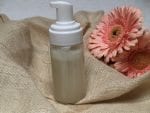
A delicate handwash that is soft and moisturizing to the skin.
- 1/4 C Liquid Castile Soap
- 4 t Apricot Oil
- 1/4 C melted Coconut Oil
- 1 C Filtered water
- 2 t Aloe Vera Gel
- 15-20 drops Essential Oils – lemon (tea tree, eucalyptus, lavender)
- A large jug
- A foaming pump dispenser or soap dispenser
- A funnel
- Check my <a href="https://coconutoilpost.com/coconut-oil-benefits/resources/" target="_blank">resources page</a> for where to buy
Place all ingredients in the jug and stir gently. Adjust essential oils if needed. Use funnel to pour mixture into dispenser.
- As this is a natural product the water will separate from the oils so you will need to shake it every now and then.
You can find more natural remedies and DIY’s in my book Natural Remedies for Chronic Illness.
Have you made any of your own cleaning products or handwash? Leave a comment or share it on facebook. I would love to hear about them.




